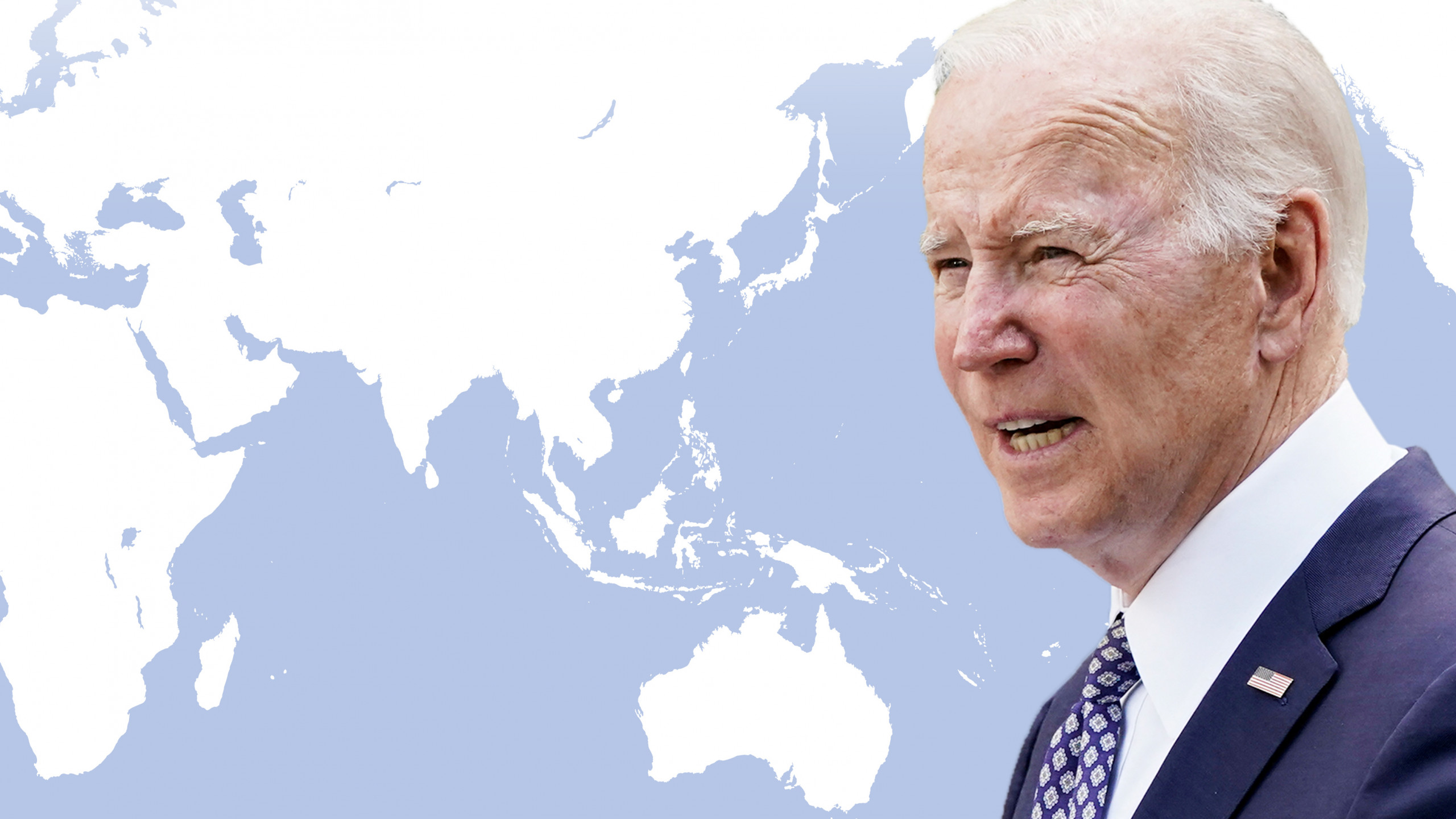After decades of estrangement, Japan and ASEAN seem willing to rebuild their lost relationship.
However, the honeymoon phase between Japan and ASEAN soon petered out with the outbreak of the 1997-98 Asian financial crisis. In keeping with one of the founding principles of the Fukuda doctrine, according to which Japan would be by ASEAN’s side "not only in fair weather but in adverse circumstances as well", Southeast Asian countries, hit hard by the crisis, were expecting financial assistance from the Japanese which, however, failed to materialize. Japan's inability to deliver on the ambitious promises made by Fukuda twenty years earlier has undermined the relations between Japan and ASEAN ever since and, albeit cordial, the relationship between the two blocs is way far from its former glory.
However, the honeymoon phase between Japan and ASEAN soon petered out with the outbreak of the 1997-98 Asian financial crisis. In keeping with one of the founding principles of the Fukuda doctrine, according to which Japan would be by ASEAN’s side "not only in fair weather but in adverse circumstances as well", Southeast Asian countries, hit hard by the crisis, were expecting financial assistance from the Japanese which, however, failed to materialize. Japan's inability to deliver on the ambitious promises made by Fukuda twenty years earlier has undermined the relations between Japan and ASEAN ever since and, albeit cordial, the relationship between the two blocs is way far from its former glory.
However, one aspect where relations between Japan and ASEAN have continued to flourish is certainly the commercial one. With an exchange of goods at over 231 billion US dollars in 2018 alone, Japan comes in as the fourth largest trading partner of South-East Asian countries, while ASEAN is the second largest trading partner of Japan, just behind China. Unlike the US or the PRC, which have huge domestic markets, Japan needs to sell its products en masse outside national borders. In this respect, with a potential pool of over 650 million consumers, ASEAN is a mother lode of opportunities for Japanese exporters. South-East Asian countries are well aware of the immense market potential they represent for Japan and its companies, and thus have an interest in increasing their economic attractiveness. After the signing of the Japan-ASEAN free trade treaty in April 2008, the two powers have constantly attempted to reinforce their commercial integration, contributing to negotiating the Regional Comprehensive Economic Partnership (RCEP) which, when established, will form the largest free trade area on the planet, with the inclusion of all the major East Asian economies, from ASEAN countries, through China, South Korea and Japan to Australia and New Zealand. In addition, it was recently reported that Japan and Southeast Asian countries have amended the 2008 FTA agreement to introduce new provisions that will further ease trade in services and investments, as well as the free movement of natural persons.
To seal the growing commercial cooperation between Japan and ASEAN, the Japanese PM Shinzo Abe intends to rebuild the special alliance between the two blocs even on a strategic level. Tokyo's renewed interest in South-East Asia is increasingly becoming a defining feature of Abe's foreign policy in the Pacific and several highly topical episodes are proof of that. For example, to diversify its supply chains in the event of new global crises analogous to the contemporary one, Japan has decided to distribute over 2 billion dollars to Japanese companies that will move their factories from China to Japan or to Southeast Asia. In the same vein, the proposal to work on a joint ASEAN-Japan Economic Resilience Action Plan, along with the publication of the annual Japanese government white paper on trade which identifies ASEAN as a strategic partner for closer cooperation in the field of digital economy, are a testament to the growing recognition on the part of Japanese authorities of the strategic importance of Southeast Asian countries in the post-Covid recovery phase and, more in general, in the global context of the 21st century.
Under Abe's premiership, Japan seems to have finally rediscovered the importance of South-East Asia as an economic and geopolitical platform in the Pacific and ASEAN countries are proving to be more than willing to go back to cultivating a privileged relationship with the Japanese giant. Increasing commercial and political collaboration between these two international players can do nothing but help maintain a regional balance in Asia-Pacific.
Article edited by Andrea Dugo.






